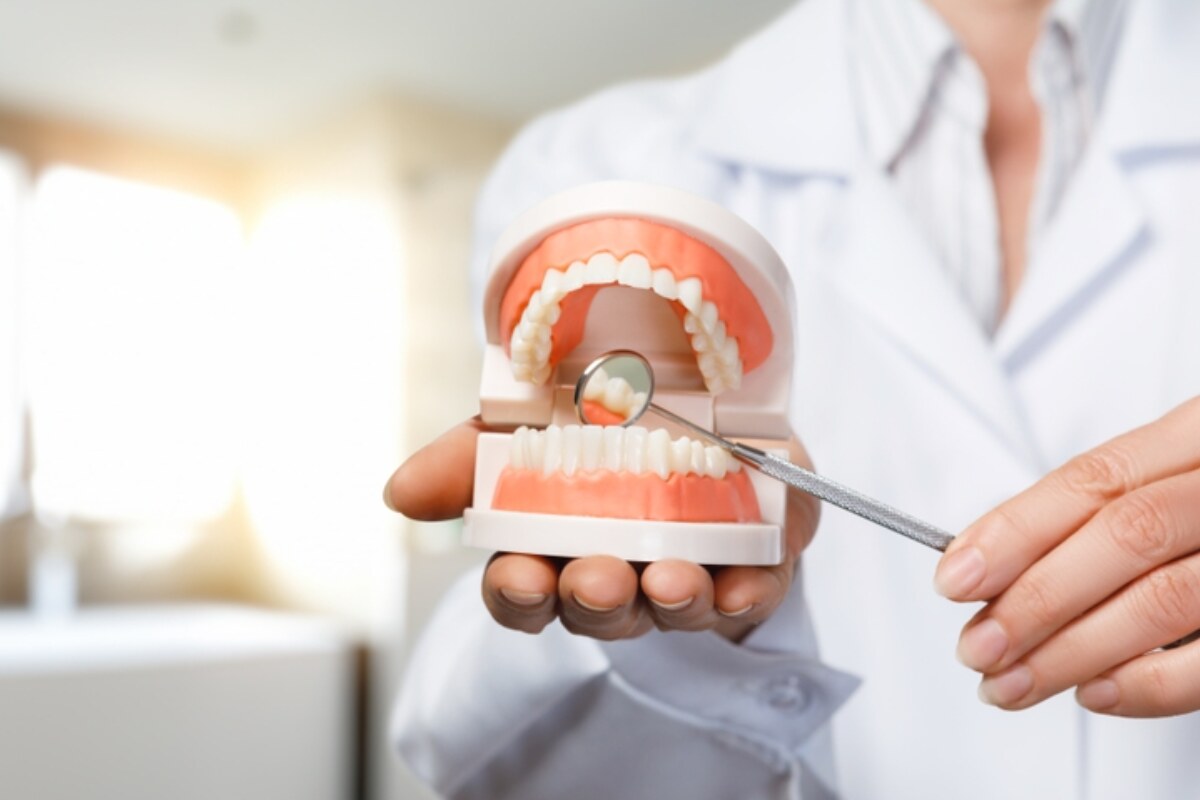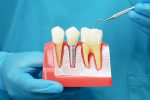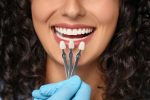Missing teeth affects more than simply how your smile looks. Missing teeth can alter how you chew, how you talk, and even how your jaw feels. Dentists’ common recommendation is a dental bridges in Airdrie. It helps fill the gap left by a missing tooth or teeth, while also helping restore function and aesthetics.
What Is a Dental Bridge?
A dental bridge is a fixed type of dental restoration used to replace one or more missing teeth. A dental bridge is made of artificial teeth, referred to as pontics, that are supported by crowns that are placed on the adjacent natural teeth or dental implants next to the space. A bridge literally bridges the gap left in your mouth, allowing your smile to be whole again.
Dental Bridge Benefits
Dental bridges are not for cosmetic purposes alone; They provide additional important benefits to oral health and comfort. Some important dental bridge benefits would include
- Restores your ability to properly chew food
- Improves the clarity of your speech
- Prevents the adjacent teeth from shifting out of alignment
- Preserves the shape of your face by supporting your jaw structure
- Restores your full smile and confidence
These benefits all provide dental bridges with additional reliability as a long-term treatment option for patients with missing teeth. If you are considering a dental bridge as a treatment plan option, visit a trusted dental clinic in Airdrie to get the care you need and restore your smile and bite.
How Dental Bridges Improve Chewing and Speech
Missing teeth, especially later in life, make eating food and chewing difficult. You may notice difficulties with biting into certain foods or chewing food effectively. And this can lead to poor digestive health as the food you eat and do not chew properly can affect your digestion. In order to distribute your biting power equally across your mouth, a dental bridge can be used to replace missing teeth.
Speech can also be affected by missing teeth; you may find that certain words are not as clear because your tongue and teeth work together when you talk. Pronunciation is much easier and restored with a dental bridge, and speech improves naturally in this way.
The following is a simple table to provide clarity for the above statements
| Problem Without Teeth | How a Dental Bridge Helps |
| Difficulty chewing certain foods | Restores chewing ability |
| Trouble pronouncing words | Improves speech clarity |
| Uneven bite pressure | Distributes force evenly |
Types of Dental Bridges
Your dentist will discuss all of the options for dental bridges and which one is the best for you. The following are some of the types of dental bridges:
- Traditional Bridge – Restored using crowns on the teeth located adjacent to the gap.
- Cantilever Bridge – Supported on only one side when there is only one tooth adjacent to the gap.
- Maryland Bridge – This type of bridge has a metal or porcelain framework and is bonded to the back of the adjacent teeth.
- Implant-Supported Bridge – Anchored on dental implants rather than natural teeth.
Each type has its own advantages, and based on your oral needs dentist will suggest the dental bridge option.
Why You Should Visit a Dental Clinic
If you have missing teeth, visiting a dental clinic to see the dentist is the first step! Dentists will look at your mouth, take x-rays, and recommend the best type of bridge for you. Every patient’s mouth is unique; therefore, treatment plans need to be customized to the person’s mouth.
Having a dental clinic near you will help when follow-up visits occur. Since bridges will require care and modification over the years, having a family dentist nearby will contribute to the longevity and functionality of your bridge.
Caring for Your Dental Bridge
A dental bridge, if maintained properly, can provide you with many years of function. Here are a few easy ways to care for your dental bridge:
- Brush your teeth at least two times a day with fluoride toothpaste
- Floss under the bridge or with special bridge threaders
- Maintain regular visits to your dental clinic for checkups.
- Avoid biting on extremely hard foods like ice or hard candies
You can help reduce gum disease and help extend the life of your bridge by keeping your bridge clean and protecting your teeth.
Who Can Get a Dental Bridge?
The good news is that not everyone can get a dental bridge immediately. Patients can only get a bridge if their oral health is considered healthy and the surrounding teeth can support the bridge. If there are problems with your surrounding teeth, such as untreated gum disease or extreme decay, another option may be recommended first! Your dentist will assess your situation and determine what the appropriate treatment is for you.
Get Back Full Mouth Function With Bridges!
If you are looking for a dental clinic for your oral needs, the Airdrie Family Dentists will be able to help. Our dental team provides comprehensive dental services for all ages, including children, teens, adults, and the elderly. We strive to maintain the health of your teeth and gums. If you need a checkup or cleaning, a filling, a crown, a bridge, or other services, Airdrie Family Dentists will use the latest methods to keep your dental treatment safe and ensure a successful outcome.
Contact Airdrie Family Dentists today to schedule your appointment and get your smile back to health!

 403 MacKenzie Way SW #5121, Airdrie, AB T4B 3V7, Canada
403 MacKenzie Way SW #5121, Airdrie, AB T4B 3V7, Canada





